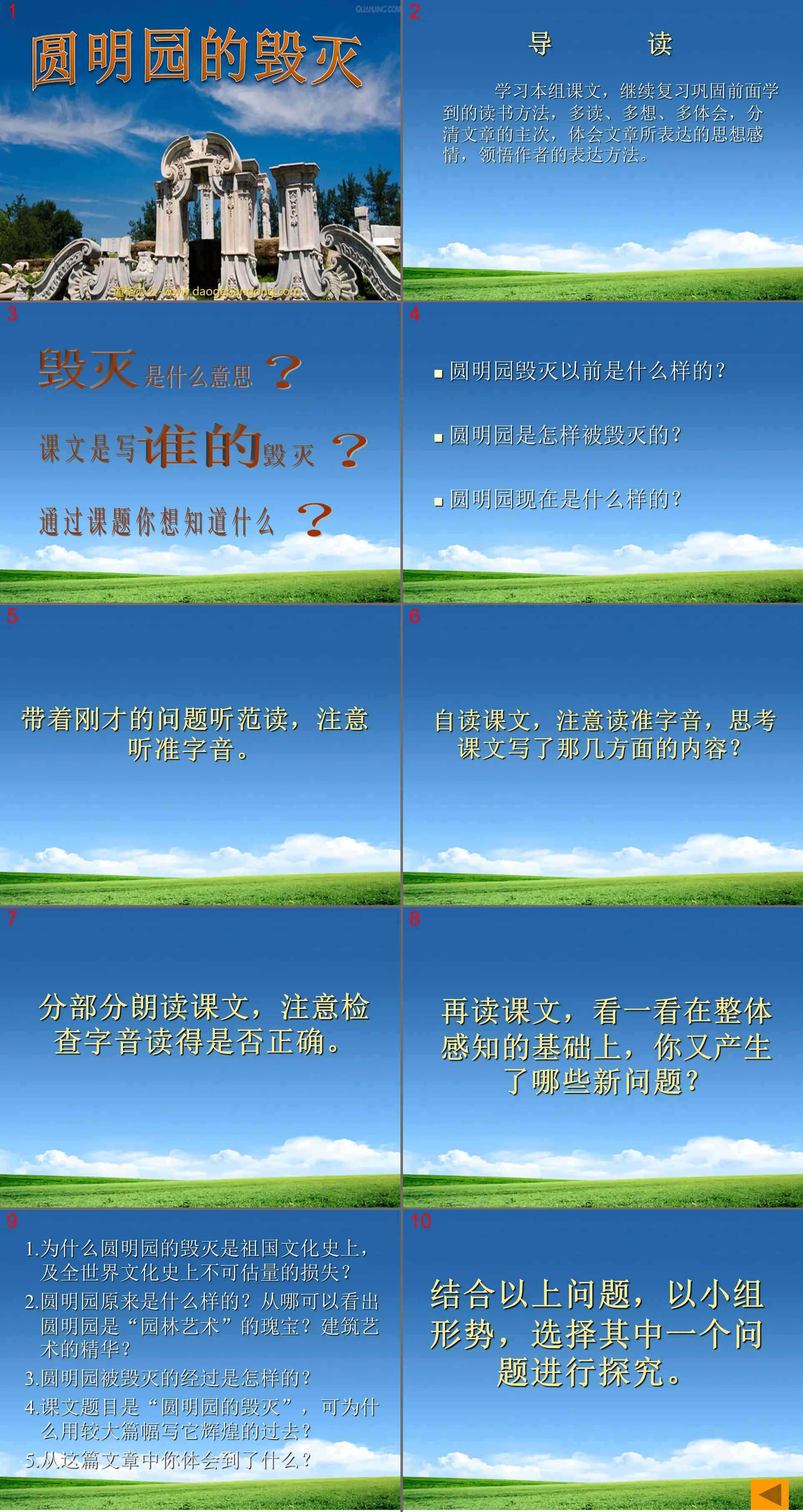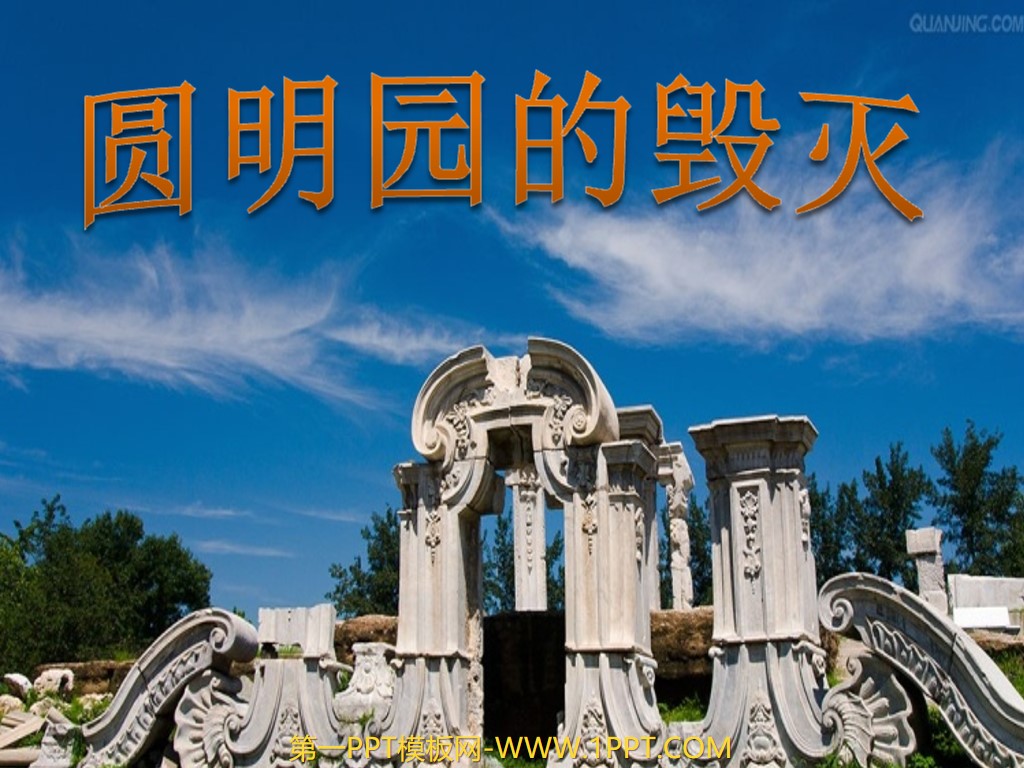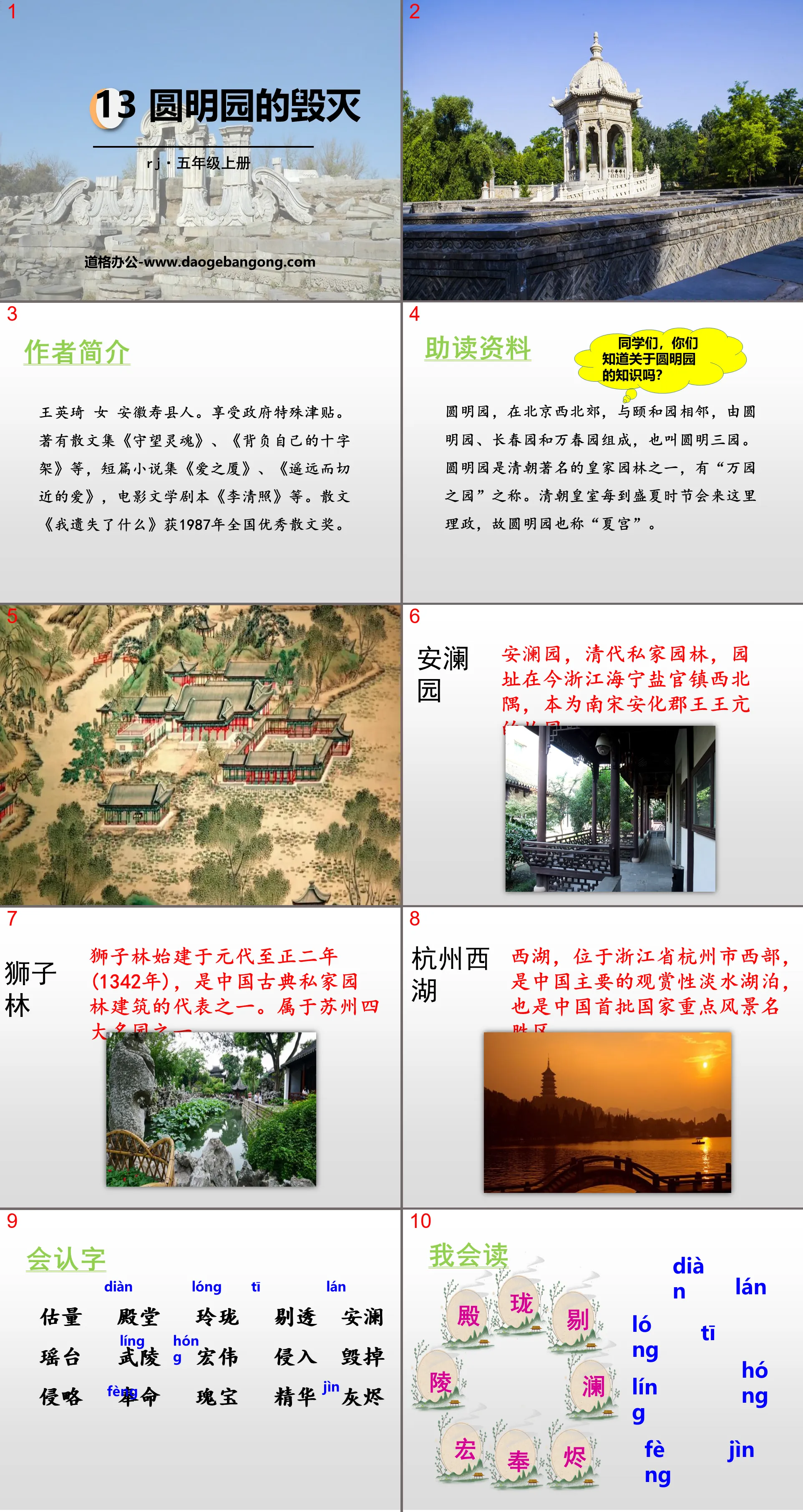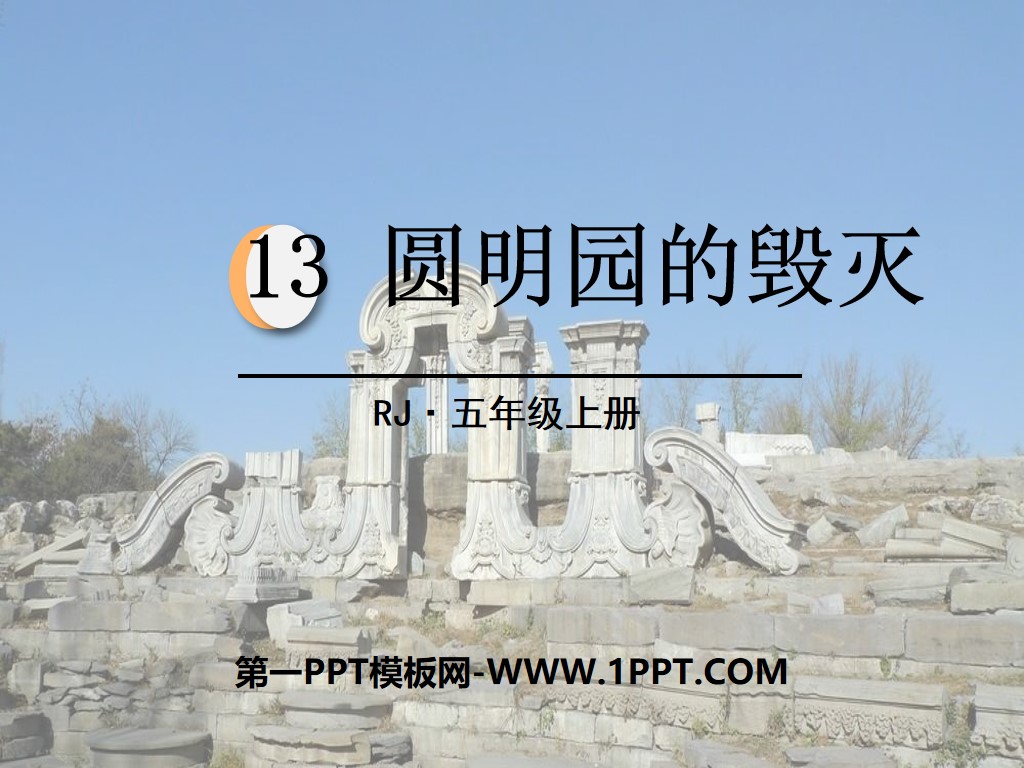"Ancient People Talk about Reading" PPT Simple campus recruitment activity planning plan summary enterprise and institution recruitment publicity lecture PPT template is a general PPT template for business post competition provided by the manuscript PPT, simple campus recruitment activity planning plan summary enterprise and institution recruitment promotion Lecture PPT template, you can edit and modify the text and pictures in the source file by downloading the source file. If you want more exquisite business PPT templates, you can come to grid resource. Doug resource PPT, massive PPT template slide material download, we only make high-quality PPT templates!
| 文件名 如何下载使用 | 下载次数 | Download Points | 下载地址 |
|---|---|---|---|
| "Ancient People Talk abo... | 10675次 | 0.00 | Free Download |
Tips: If you open the template and feel that it is not suitable for all your needs, you can search for related content "Ancient People Talk about Reading" PPT is enough.
How to use the Windows system template
Directly decompress the file and use it with office or wps
How to use the Mac system template
Directly decompress the file and use it Office or wps can be used
Related reading
For more detailed PPT-related tutorials and font tutorials, you can view: Click to see
How to create a high-quality technological sense PPT? 4 ways to share the bottom of the box
Notice
Do not download in WeChat, Zhihu, QQ, built-in browsers, please use mobile browsers to download! If you are a mobile phone user, please download it on your computer!
1. The manuscript PPT is only for study and reference, please delete it 24 hours after downloading.
2. If the resource involves your legitimate rights and interests, delete it immediately.
3. Contact information: service@daogebangong.com
"Ancient People Talk about Reading" PPT, due to usage restrictions, it is only for personal study and reference use. For commercial use, please go to the relevant official website for authorization.
(Personal non-commercial use refers to the use of this font to complete the display of personal works, including but not limited to the design of personal papers, resumes, etc.)

Related reading
For more detailed PPT-related tutorials and font tutorials, you can view:Please click to see










Authoritative PPT Summary
"Ancient People Talk about Reading" PPT
Part One: Character Introduction
Confucius, whose surname was Qiu and courtesy name Zhongni, was born in Zouyi (now Qufu, Shandong Province) of the state of Lu in the late Spring and Autumn Period. Ancient Chinese thinker, educator, and founder of Confucianism.
Confucius created a culture of private lectures and advocated benevolence, justice, etiquette, wisdom, and trust. His Confucian thoughts had a profound impact on China and the world.
After Confucius's death, his disciples and his subsequent disciples recorded the words, deeds, quotes and thoughts of Confucius and his disciples, and compiled them into the Confucian classic "The Analects of Confucius".
Zhu Xi, whose courtesy name was Yuanhui, also had the courtesy name Zhonghui, and whose nickname was Hui'an. He was also known as Zhu Wengong in the world. His ancestral home is Wuyuan County, Huizhou Prefecture (now Wuyuan, Jiangxi Province). A famous Neo-Confucian, thinker, philosopher, educator, poet and master of Confucianism in the Song Dynasty, the World Honored One is called Zhu Zi.
He is the author of "Collected Commentary on Chapters and Sentences of the Four Books", "Explanation of Tai Chi Pictures", "Book of Changes", "Collected Commentary on Songs of Chu", etc. Among them, "Collected Commentary on Chapters and Sentences of the Four Books" has become an imperial textbook and the standard for imperial examinations.
Zeng Guofan (1811-1872), originally named Zicheng, given the courtesy name Bohan, and given the nickname Disheng, was the 70th grandson of the sage Zengzi. A modern Chinese statesman, strategist, Neo-Confucianist, writer, and the founder and commander-in-chief of the Hunan Army.
Throughout his life, he devoted his life to politics and regarded patience as the first priority. He advocated being diligent, thrifty and honest in everything he did and not being arrogant as an official. He cultivated his moral character and disciplined himself, sought office with virtue, put etiquette first, and pursued politics with loyalty, and achieved great success in the officialdom.
Ancient people talk about reading PPT, the second part of the content: teaching objectives
1. Be able to recognize 3 new characters such as "shame", "矣", etc., be able to write 9 new characters such as "shame", "teaching", etc., and understand words such as "not ashamed to ask questions, and tirelessly teach others".
2. Read the text correctly and fluently, and use the annotations to understand the main idea of the text.
3. Summarize the corresponding reading methods from the article and learn to apply them to daily reading and learning.
Ancient people talk about reading PPT, the third part: text interpretation
He is sensitive and eager to learn, and he is not ashamed to ask questions.
Note
【Min】Diligence. 【Good】Like.
【Shame】Be ashamed of...
[Question] Ask people who are lower than or inferior to you for advice.
translate
People who are talented and eager to learn should not be ashamed to ask for advice from those whose status is lower than themselves and who are less knowledgeable than themselves.
To know is to know, and to not know is to know. This is knowledge.
Note
[Zhi] The first four "zhi" means to know, and the last "zhi" is connected with "zhi", which means intelligence and wisdom.
【为】Yes.
translate
To know is to know. If you don’t know, you don’t know, and that’s smart.
It means that you have to have a correct attitude in learning, and it also means that you have to be honest in life.
Know it silently, never tire of learning, never tire of teaching.
Note
[Knowledge] is pronounced zhì here, which means to remember.
[disgusted] satisfied. 【education】teaching. 【Tired】Tired.
translate
Keep the knowledge you have learned silently in your heart, study diligently without being satisfied, and teach others without being tired.
Ancient people talk about reading PPT, the fourth part: discussion and exchange
1) From the three sentences in "The Analects of Confucius", what principles of reading do you know?
2) Is there anyone around you who does this? Share it with everyone.
Do the students think Zhu Xi’s words are reasonable?
How should we study in the future?
Ancient people talk about reading PPT, the fifth part: expansion and extension
In addition to the views on reading in the article, do you also know who in ancient times had unique insights into reading?
1. Learning without thinking is a waste, thinking without learning is peril. ——"The Analects of Confucius"
2. The method of reading is to proceed step by step, read thoroughly and think deeply. ——Zhu Xi
3. Read the book a hundred times, and the righteousness will come to you. ——Chen Shou
Ancient people talk about reading PPT, part six: homework after class
1. Collect reading stories or famous quotes about reading by famous people after class.
2. After learning this lesson, please write down your opinions on reading or your own reading experience.
Keywords: free download of Chinese PPT courseware for the first volume of the fifth grade of the People's Education Press, download of PPT about reading by ancients, .PPT format;
For more information about the PPT courseware "The Ancients Talk About Reading", please click the "The Ancients Talk About Reading" ppt tag.
PPT for the second lesson of "The Ancients Talk about Reading":
The second lesson PPT of "The Ancients Talk About Reading" Part One: Objectives of this lesson 1. Read the pronunciation of the characters accurately and read the text correctly. 2. Be able to understand words and sentences based on the annotations and understand the content of the text. Recite the text emotionally. 3. Understand the ancients’ views on reading and learn from the ancients’ reading..
PPT for the first lesson of "The Ancients Talk about Reading":
"The Ancients Talk about Reading" PPT for the first lesson Part 1: Objectives of this lesson 1. Learn to write new characters and read the text accurately. 2. Be able to understand words and sentences based on the annotations and understand the content of the text. Recite the text emotionally. 3. Understand the ancients’ views on reading and learn their methods of reading..
"Ancient People Talk about Reading" PPT courseware:
"The Ancients Talk About Reading" PPT Courseware Part One: Introduction to the Author Confucius (551 BC - 479 BC), whose surname was Kong, whose given name was Qiu, and whose courtesy name was Zhongni, was born in Zou Yi, Lu State, during the Spring and Autumn Period. A famous Chinese thinker and educator who traveled around the world with his disciples for ten years...